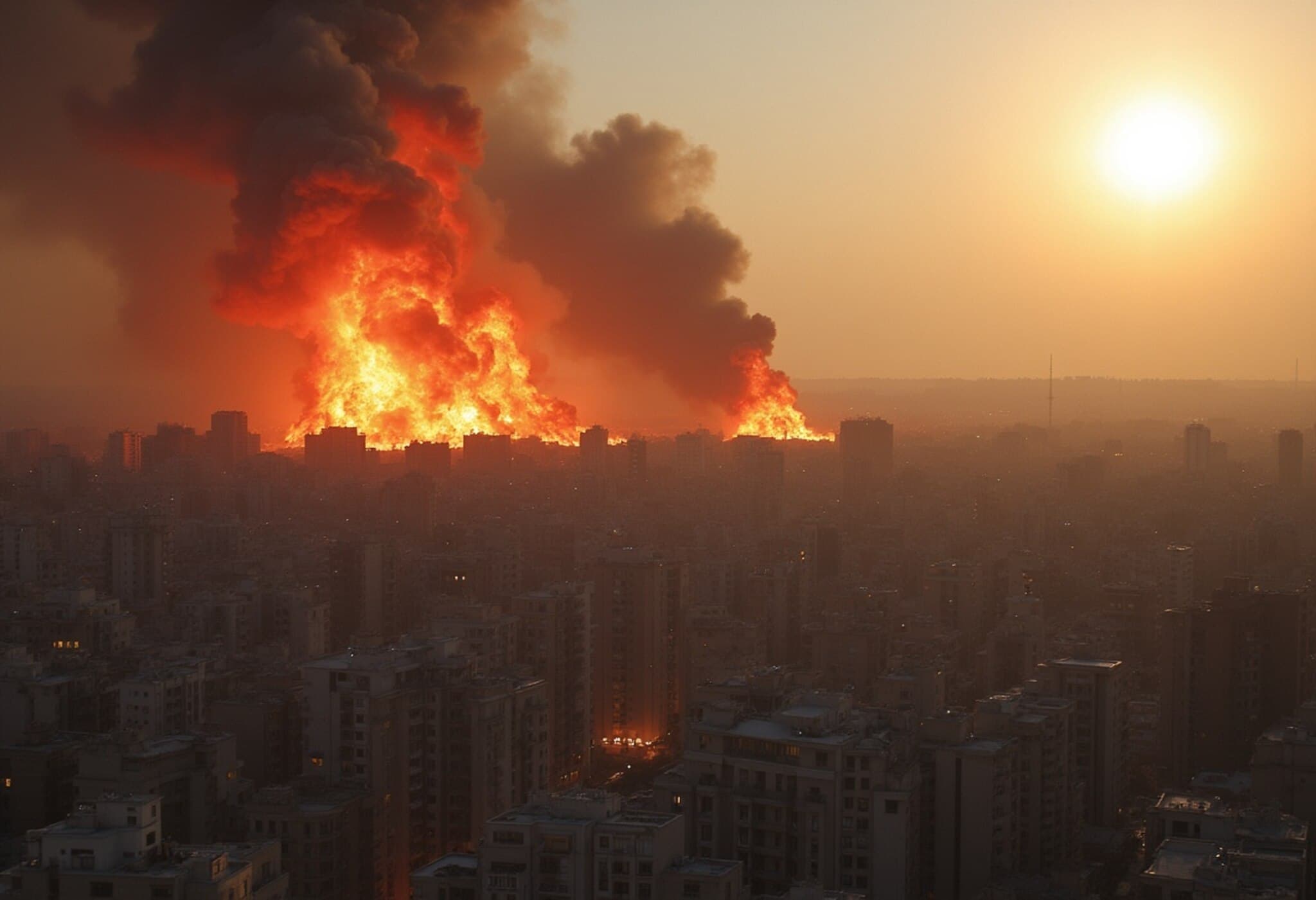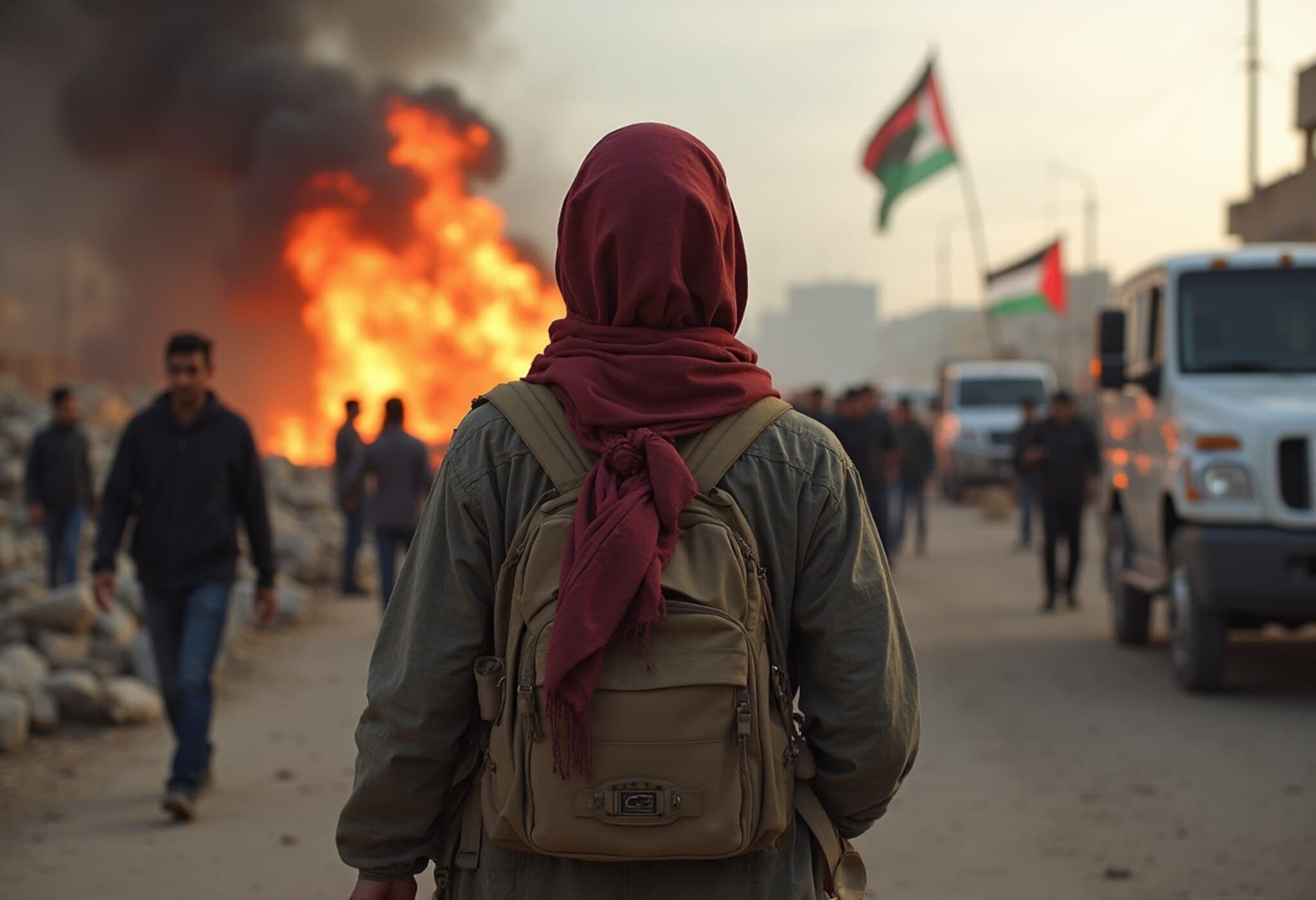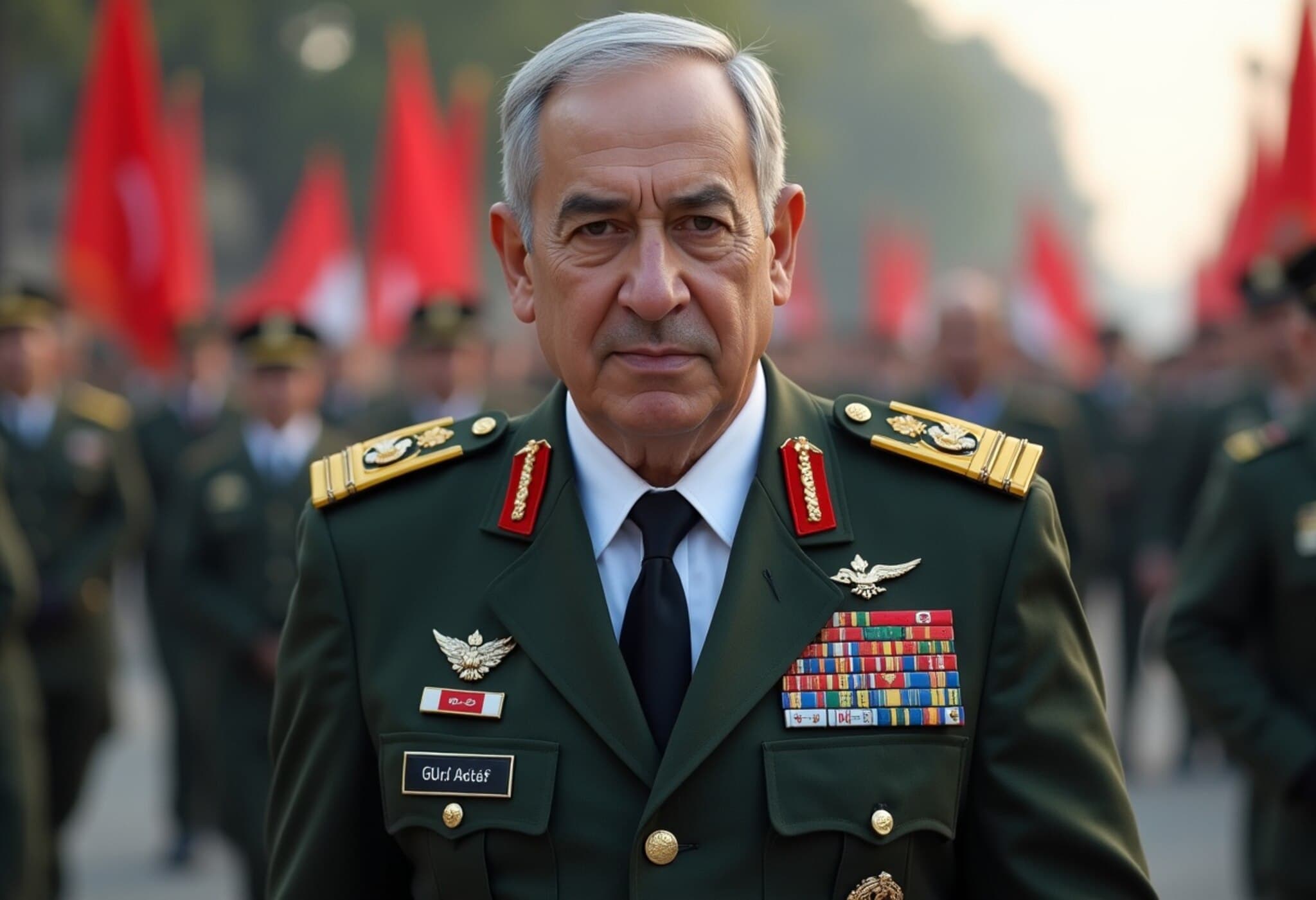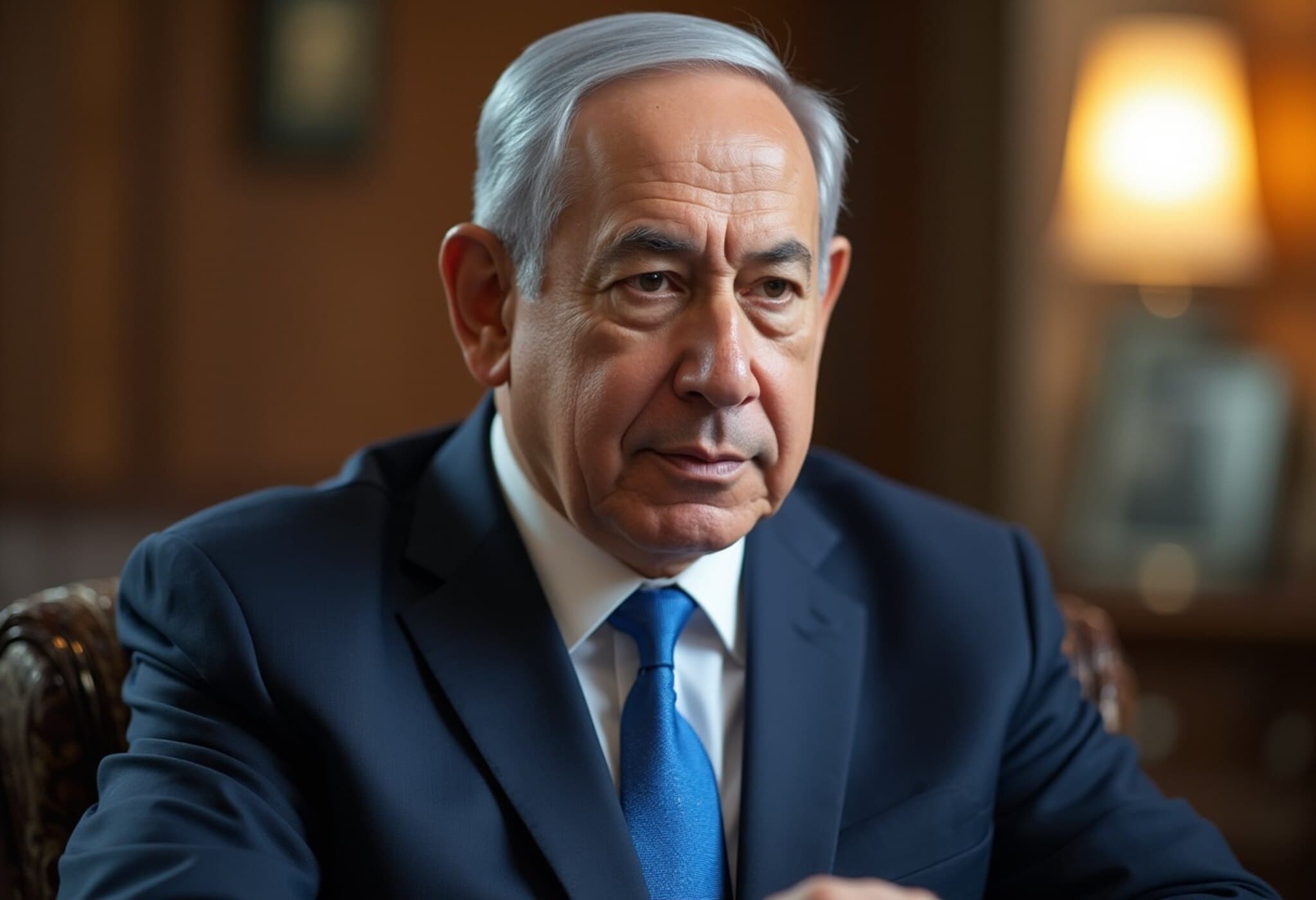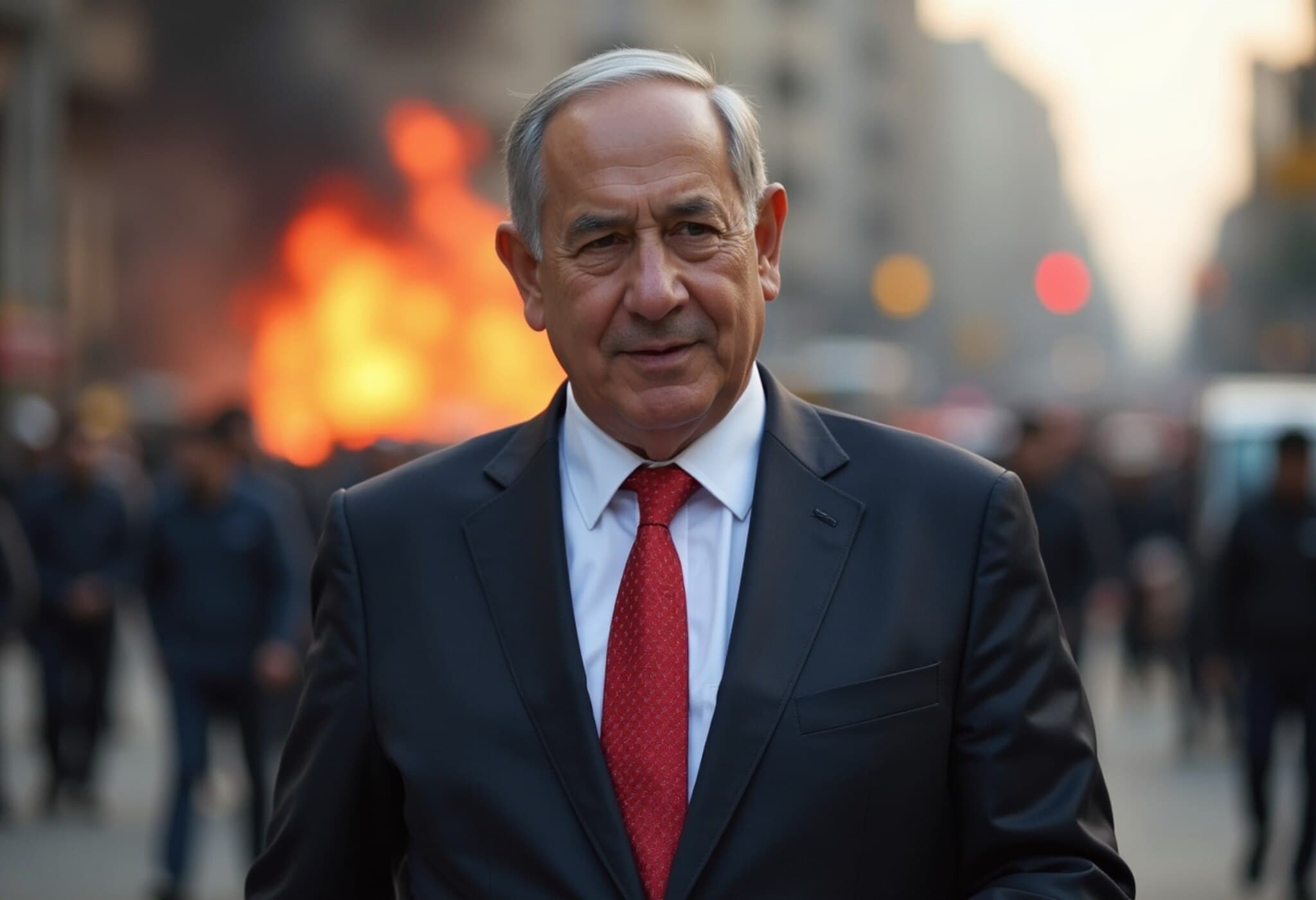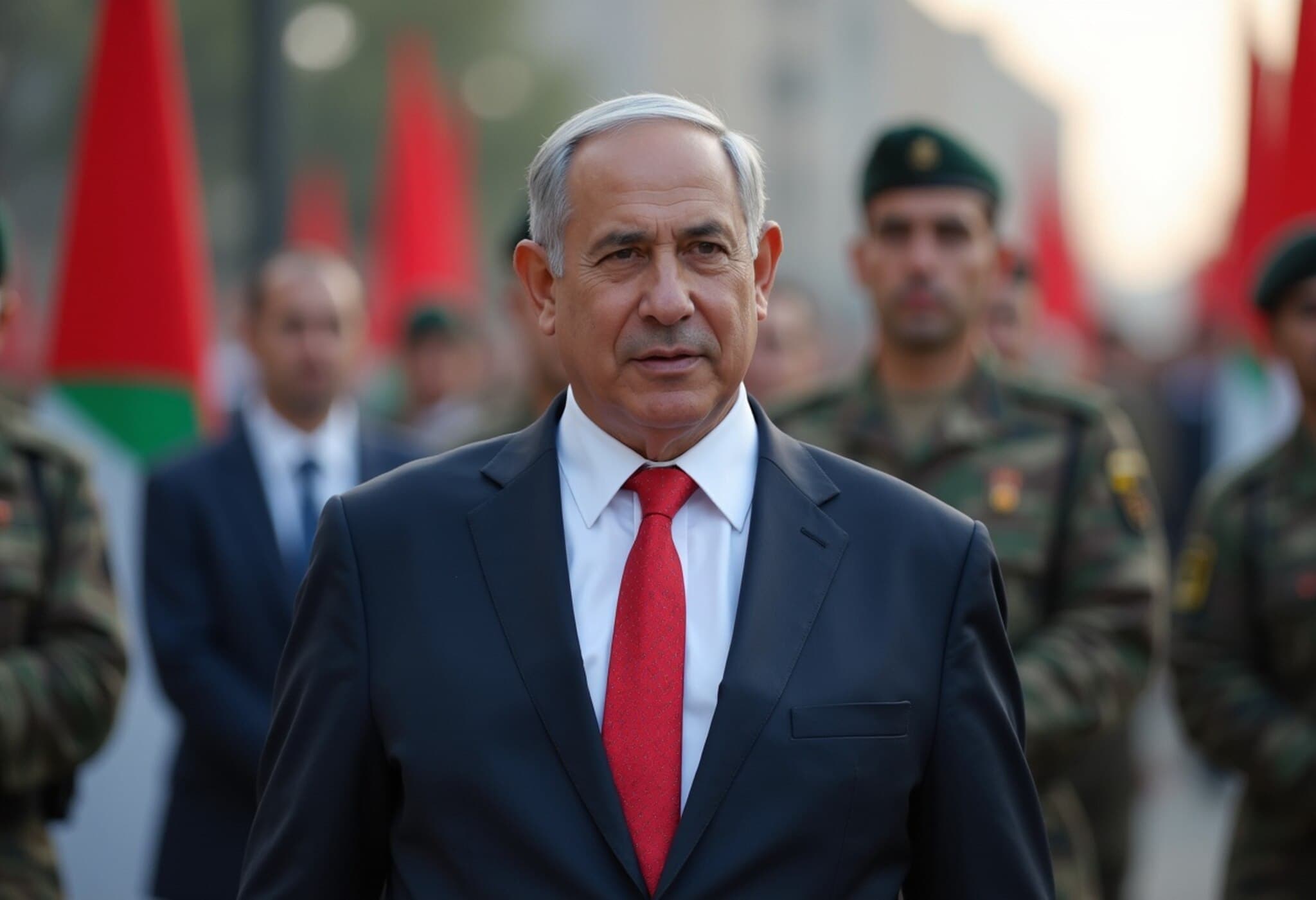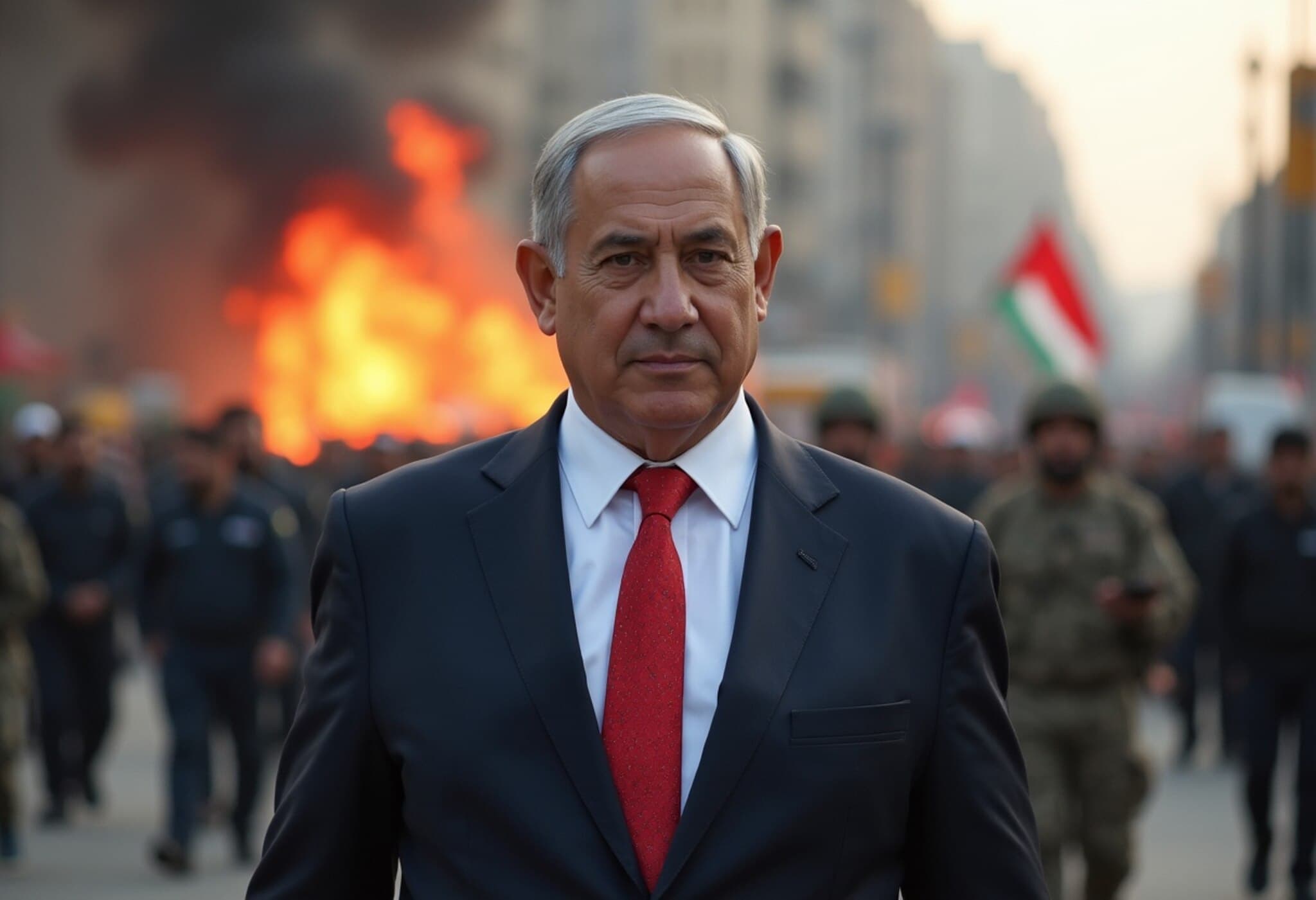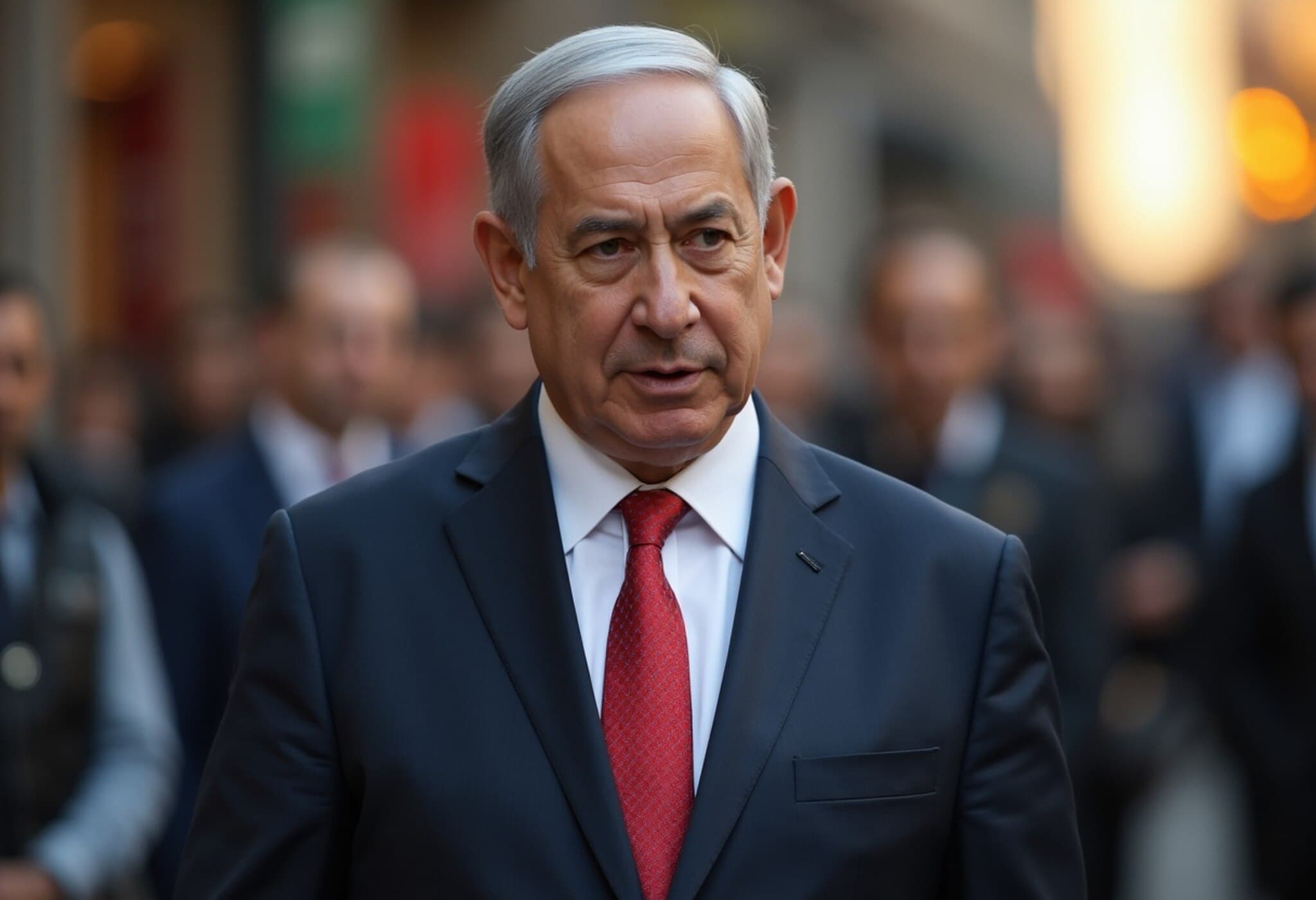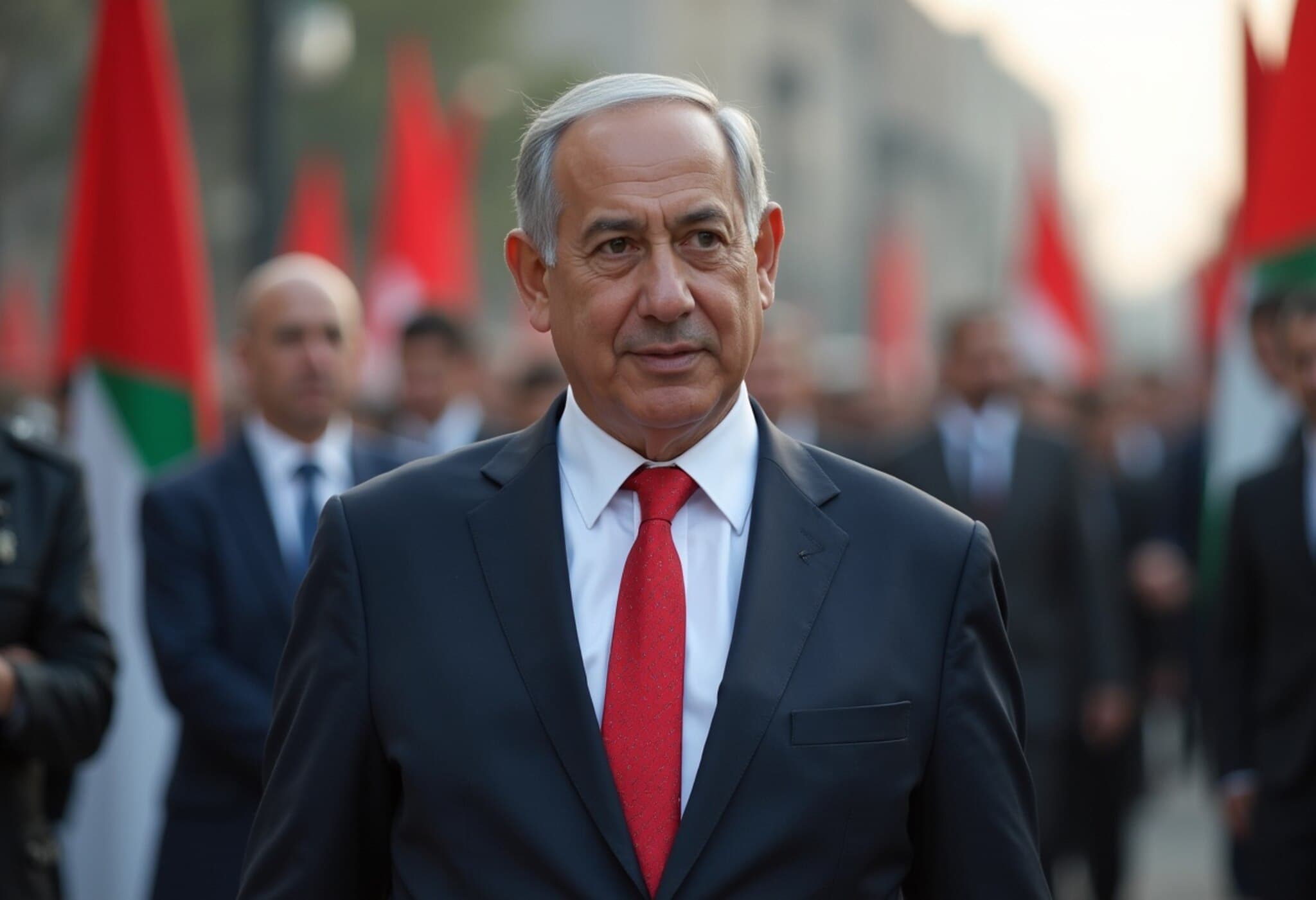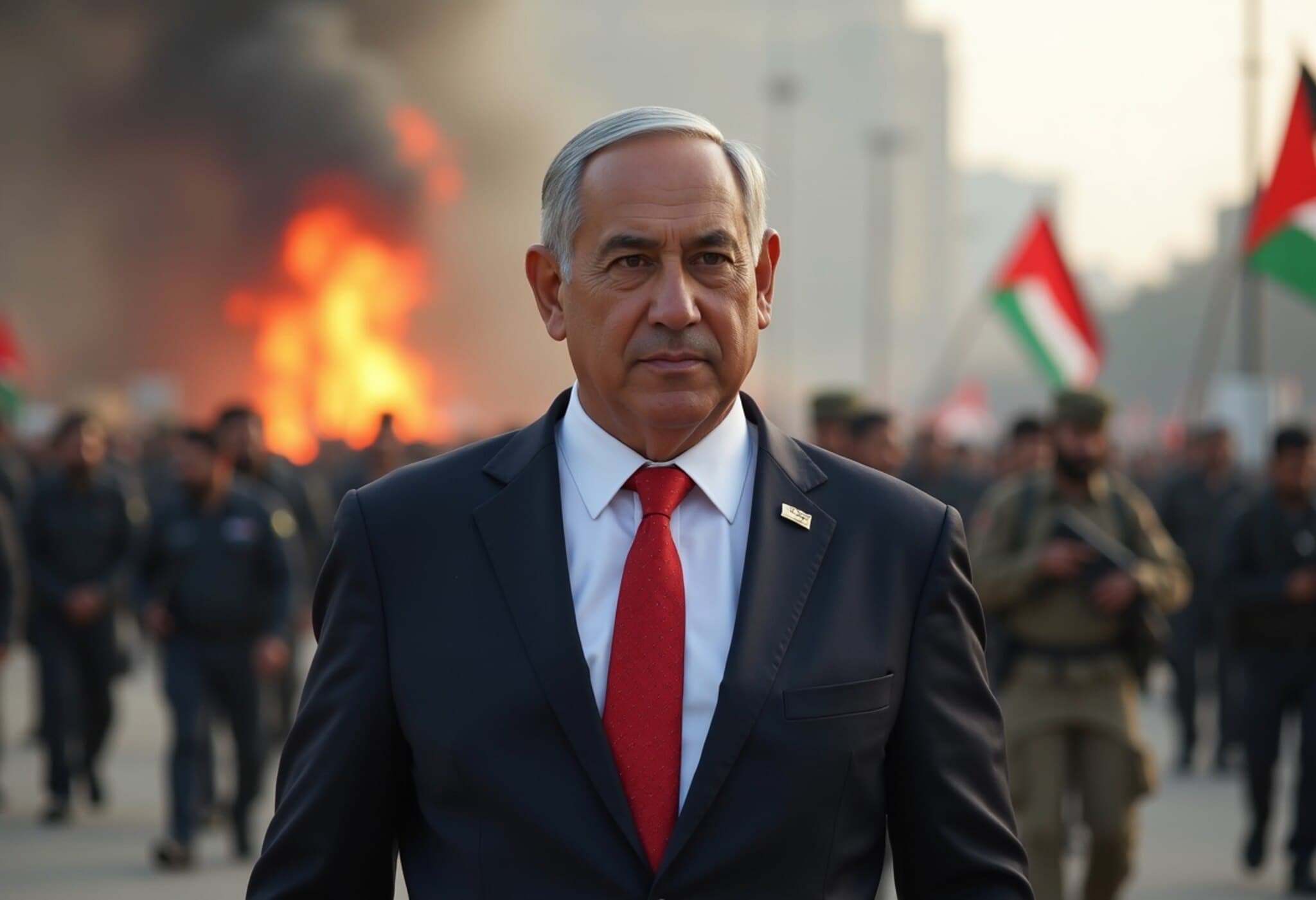Netanyahu Orders Complete Military Occupation of Gaza Amid Diplomatic Deadlock
In a stark escalation of the ongoing conflict, Israeli Prime Minister Benjamin Netanyahu has publicly ordered the Israel Defense Forces (IDF) to seize full control of the Gaza Strip, signaling a decisive shift away from diplomatic negotiations with Hamas. According to multiple Israeli media outlets, including The Jerusalem Post and Ynet, Netanyahu’s government has resolved to extend military operations throughout all areas of Gaza, including zones believed to harbor Israeli hostages, despite potential risks to their lives.
Context: A War at a Crossroads
This move occurs against a backdrop of intensifying humanitarian concerns and diplomatic frustrations. Israel’s stringent blockade and constricted flow of aid into Gaza have exacerbated the humanitarian crisis within the enclave. Meanwhile, international outrage continues to mount over civilian casualties attributed to Israeli strikes, creating a volatile environment both inside and outside the region.
According to sources within the Prime Minister’s Office (PMO), the cabinet convened on Monday and reached a consensus urging the IDF to broaden its offensive substantially, rejecting any notion of a partial or limited operation. This signals what some analysts see as the end of hope for a phased or negotiated resolution to the conflict, particularly the much-discussed two-state solution framework that has underpinned decades of peace efforts.
Military Command and Political Stakes
Adding further tension to the crisis is Netanyahu’s reported ultimatum to the IDF Chief, Lieutenant General Eyal Zamir: either execute the full occupation plan or resign. This uncompromising stance reflects the Israeli leadership’s frustration amidst a series of setbacks in the war effort — including failure to decisively weaken Hamas militarily, secure the release of countless Israeli hostages, or stem the mounting chaos and humanitarian toll within Gaza.
The Ynet news outlet quoted a senior official close to Netanyahu stating, “The die is cast — we are going for a full occupation of the Gaza Strip.” Such rhetoric underscores the hardline approach the Israeli government is pursuing.
Domestic Political Turbulence Compounding Military Decisions
Netanyahu’s decision comes amid increasing domestic unrest over his consolidation of power and governance strategies. Just days prior, he dismissed the country’s Attorney General, who had been overseeing long-standing corruption investigations involving Netanyahu — an act that critics argue weakens democratic checks and balances in Israel.
Many see the full militarization of Gaza as both a reflection of Netanyahu’s desire to assert strength and an implicit admission that previous strategies have failed on all fronts: militarily, diplomatically, and in managing internal political dynamics.
The Fallout: Diplomatic Collapse and Rising Humanitarian Costs
Previously, reports indicated that Israel was exploring an “all or nothing” prisoner exchange deal with Hamas, aiming for an immediate end to hostilities and release of hostages in a single arrangement. Netanyahu’s push for total occupation effectively signals the collapse of these negotiations.
Experts warn that this approach risks deeper entrenchment of the conflict, potentially triggering further regional instability and exacerbating the plight of civilians caught in the crossfire.
Expert Insight: What This Means for the Region and Beyond
From a policy analyst’s perspective, Netanyahu’s decision illustrates a significant challenge in balancing military objectives with humanitarian and diplomatic realities. The move away from negotiation not only stalls the peace process but also raises critical ethical questions about proportionality and civilian protection under international law.
For the United States and its allies, who traditionally have played pivotal roles in Israeli-Palestinian diplomacy, this development complicates already delicate strategic calculations. It underscores the urgent need to revisit intervention and mediation frameworks that can effectively address both security imperatives and humanitarian imperatives.
Looking Ahead: Questions Amid Uncertainty
- Can the full occupation of Gaza achieve Netanyahu’s stated military goals without sparking wider regional conflict?
- What avenues remain for hostage recovery under the heightened military campaign?
- How will the international community respond to escalating humanitarian concerns within Gaza?
- Could this inflection point lead to a reconsideration of the two-state solution or alternative frameworks for peace?
Editor’s Note
Netanyahu’s order for an all-encompassing military occupation of Gaza marks a pivotal moment in the protracted Israeli-Palestinian conflict, effectively closing the door on recent diplomatic overtures with Hamas. This development raises profound questions about the future of peace efforts, the protection of civilian lives amidst military escalation, and the durability of democratic governance amidst internal political turmoil in Israel. As tensions intensify, the international community faces an urgent imperative to balance security concerns with humanitarian obligations, reminding us that the path to lasting peace remains fraught but indispensable.


